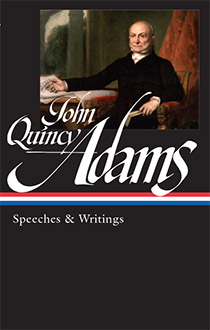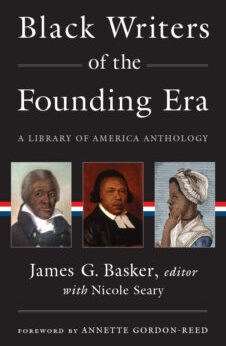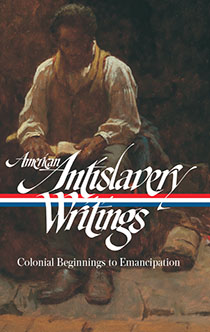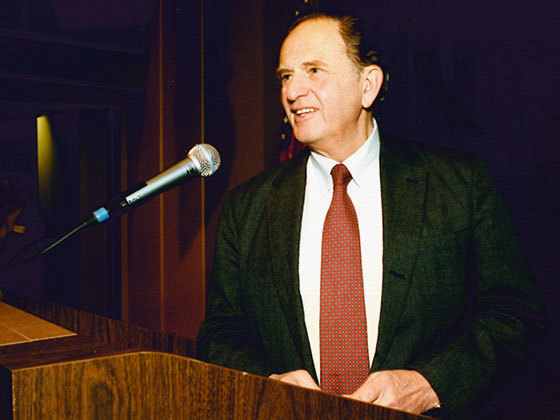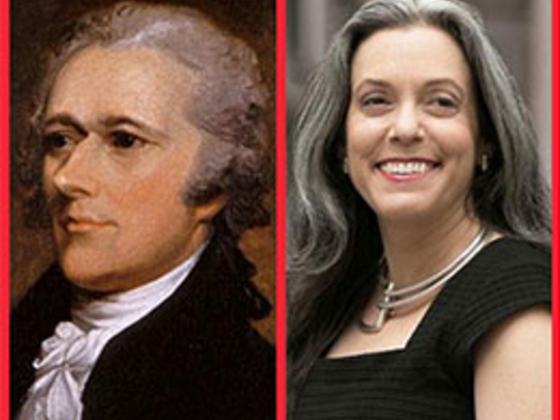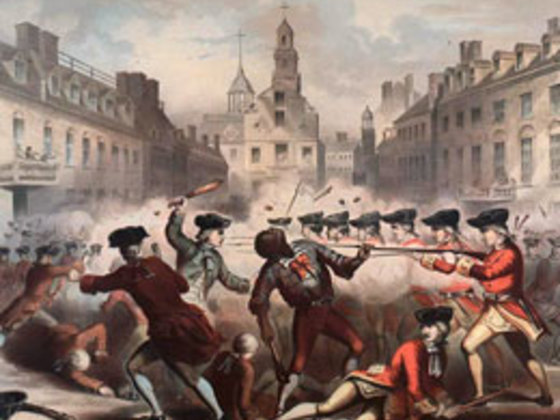The Founders
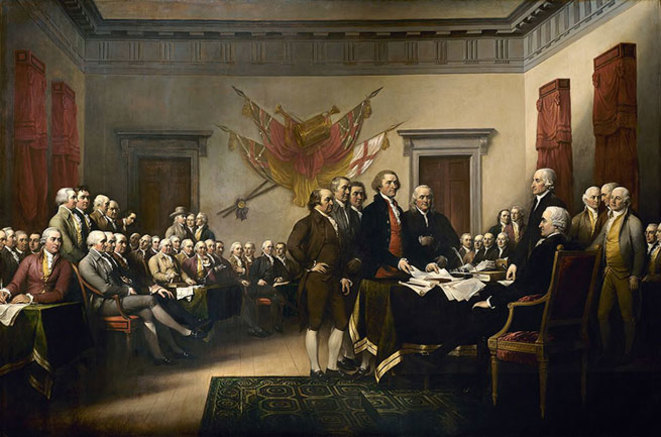
Revered by many, reviled by some, the Founders remain a touchstone for contested ideas about who Americans are as a people and what the American experiment in self-government means today. Their brilliant writings continue to fascinate and inspire, revealing a complexity and dynamism that belies our tendency to want to fix them, and the republic they built, in stone.
For the 250th anniversary of Adams’s birth, Library of America and historian David Waldstreicher have prepared a two-volume reader’s edition of his monumental diary, presenting selections based for the first time on the original manuscripts and restoring personal and revealing passages suppressed in earlier editions.
As this second volume opens Adams, as secretary of state, is the leading figure in James Monroe’s cabinet, a fractious group whose members jockey to be the next president. This political intrigue, described with gripping immediacy in the diary, culminates in Adams’s election to the presidency by the House of Representatives after a deadlocked four-way contest. Even as Adams takes the oath of office, rivals Henry Clay, his secretary of state, John C. Calhoun, his vice president, and an embittered Andrew Jackson eye the next election in 1828. The diary records Adams’s frustration as his far-sighted agenda for national unification and internal improvement is threatened by this internecine political factionalism, as well as his revulsion at the advent of the “unprincipled absurdities” of Jacksonian democracy: “My hopes of the long continuance of this Union are extinct — The people must go the way of all the world.”
After a short-lived post-presidential retirement, during which he and his wife Louisa Catherine endure the apparent suicide of their eldest son, Adams returns to public service as a congressman from Massachusetts, without question the most extraordinary second act in American political history. In his final seventeen years, Adams leads efforts to resist the extension of slavery and to end the notorious “gag rule” that stifles debate on the issue in Congress, earning the sobriquet Old Man Eloquent. In 1841, he further burnishes his antislavery reputation by successfully defending the African mutineers of the slave ship Amistad before the Supreme Court, a dramatic manifestation of his life-long commitment to liberty and the rule of law. The edition concludes with Adams’s final entry, recorded on February 20, 1848, the day before he suffered a fatal stroke at his congressional desk.
Throughout, the diary brims with brilliant, sometimes acerbic portraits of an astonishing range of American statesmen, from Thomas Jefferson and James Madison to Stephen A. Douglas and Andrew Johnson.
Watch a trailer (1:48)
David Waldstreicher, editor, is Distinguished Professor of History at the Graduate Center, City University of New York, and the author of Slavery’s Constitution: From Revolution to Ratification (2009); Runaway America: Benjamin Franklin, Slavery, and the American Revolution (2004); and In the Midst of Perpetual Fetes: The Making of American Nationalism, 1776–1820 (1997). As editor, his books include A Companion to John Adams and John Quincy Adams (2013).
This Library of America series edition is printed on acid-free paper and features Smyth-sewn binding, a full cloth cover, and a ribbon marker.
Project support for this volume was provided by The Achelis and Bodman Foundation and by Sidney & Ruth Lapidus.
This volume is available for adoption in the Guardians of American Letters Fund.
